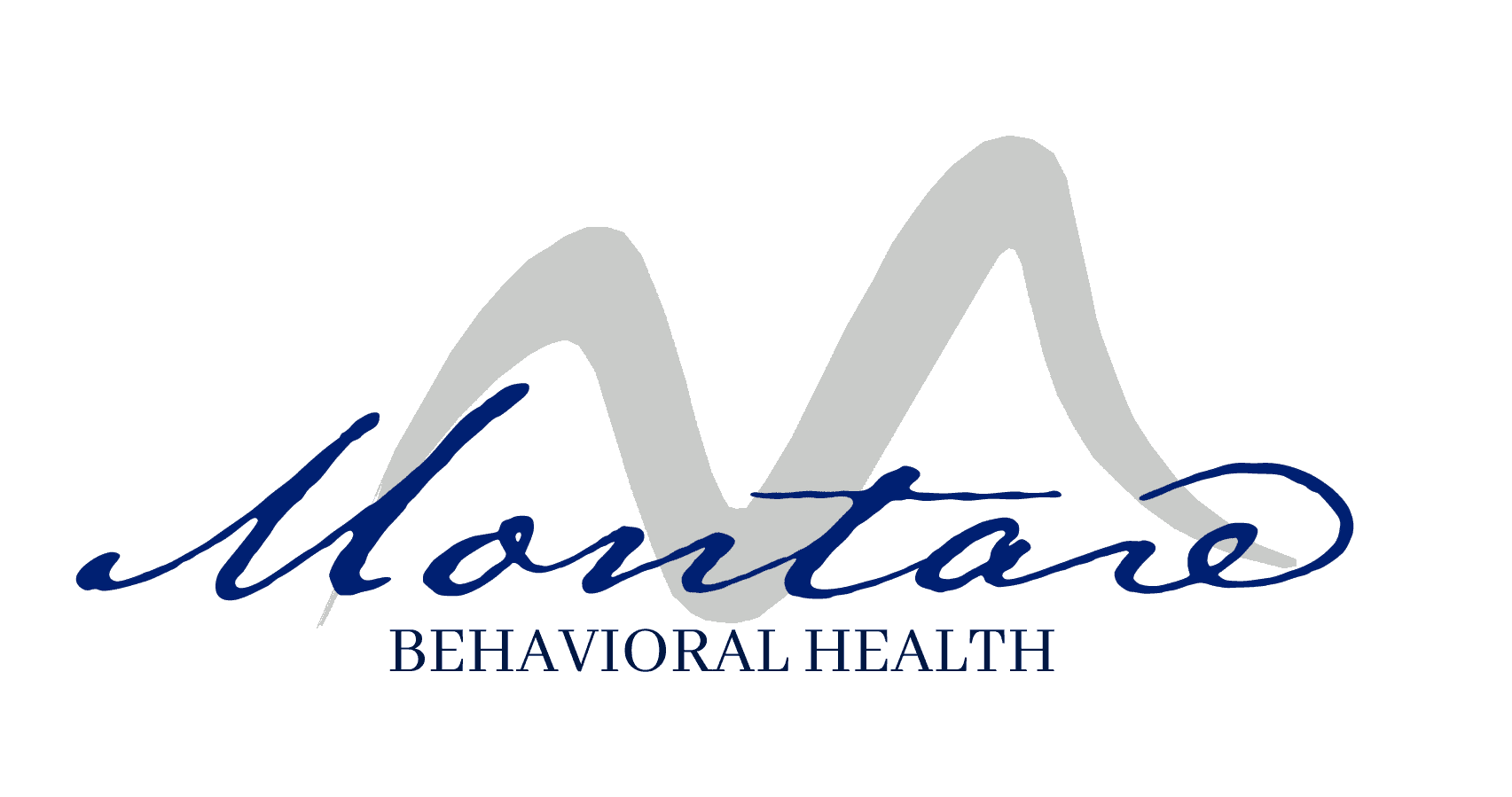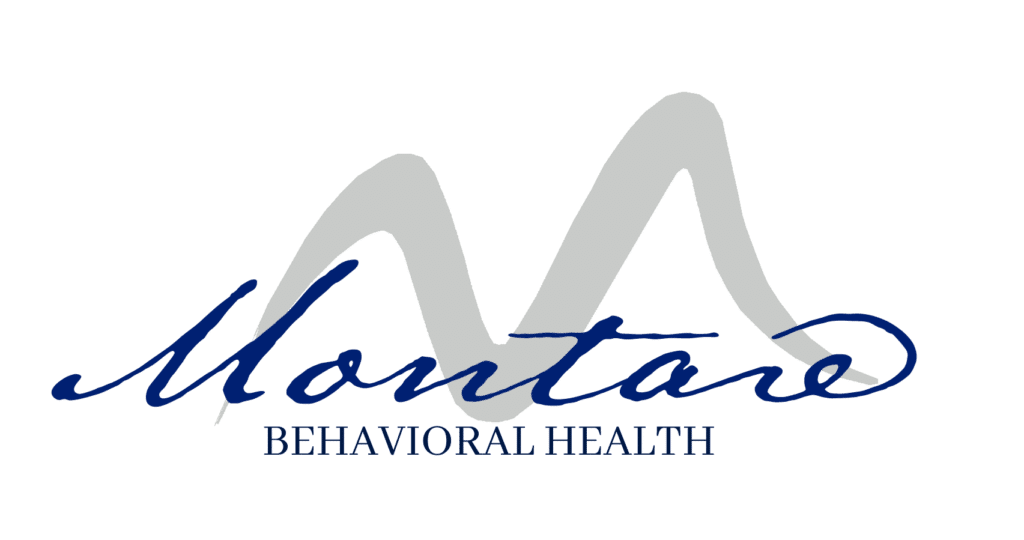Montare Behavioral Health is a trusted facility in Tucson that offers mental health evaluation services to individuals seeking support and guidance. Our team of experienced professionals provides comprehensive mental health assessments to help identify and address mental health issues affecting an individual’s quality of life and well-being. Our evaluation process includes gathering information about the individual's medical history, family history, current symptoms, and any previous treatments or medications. Additionally, psychological testing may be conducted. We are committed to providing compassionate care with personalized treatment plans to ensure the well-being of our clients as they take the steps to a bright tomorrow and improved mental health.
Understanding Mental Health Evaluations
A mental health evaluation is a detailed process conducted by a trained mental health professional to assess an individual’s psychological well-being and emotional state of mind. The primary purpose of a mental health evaluation is to gather comprehensive information about an individual’s symptoms, history, and current mental health concerns in order to accurately diagnose and develop an appropriate treatment plan.
Evaluation, assessment, and diagnosis are commonly used in mental health. It is essential to understand their meanings as they are sometimes used interchangeably.
A mental health evaluation involves gathering detailed information about an individual’s mental health concerns through interviews, questionnaires, assessment tools, and other methods. The objective of an evaluation is to understand the nature of their symptoms and any potential underlying causes or contributing factors.
A mental health assessment systematically evaluates various aspects of an individual’s mental health status, including cognitive abilities, emotional functioning, behavioral patterns, and risk factors. This helps determine the severity of symptoms and identifies specific areas that may require intervention or support.
A mental health diagnosis is applying standardized criteria from diagnostic manuals, such as the DSM-5, to characterize a person’s condition based on their reported symptoms and observed behaviors. A formal diagnosis provides clarity regarding the type of mental illness or disorder present and can help when exploring treatment options.

Request a Confidential Callback
Key Components of a Mental Health Assessment
During a mental health evaluation at Montare Behavioral Health in Tucson, individuals can expect a comprehensive assessment that includes the following components:
- Intake Interview: A thorough interview will be conducted to gather information about the individual’s symptoms, history, and current concerns. This allows the mental health professional to understand the individual’s unique experiences and needs.
- Psychological Assessment: Standardized psychological tests may be administered to assess cognitive functioning, emotional state, personality traits, and specific symptoms related to various mental health conditions.
- Diagnostic Evaluation: The mental health professional will evaluate all available information to make an accurate diagnosis based on criteria outlined in diagnostic manuals.
- Treatment Planning: Based on the evaluation findings, a personalized treatment plan will be developed collaboratively with the individual. This plan can include therapy, medication management, lifestyle changes, and other strategies for improving mental health.
Common tools and methods used during a mental health assessment at Montare Behavioral Health may include standardized questionnaires (such as PHQ-9 for depression or GAD-7 for anxiety), clinical interviews, behavioral observations, and collaboration with other healthcare providers when necessary.
ADHD Assessment
An ADHD assessment involves a comprehensive evaluation that includes reviewing the individual’s developmental history, behavioral observations, symptoms, and standardized rating scales to diagnose the condition accurately. Early detection and assessment of ADHD are crucial for identifying symptoms that may impact academic performance, social interactions, emotional well-being, and daily functioning. Timely intervention can lead to improved outcomes by providing appropriate support and interventions.
PTSD Assessment
A post-traumatic stress disorder (PTSD) Assessment involves a comprehensive evaluation process that includes gathering information about the individual’s traumatic experiences, symptoms of re-experiencing, avoidance, negative alterations in mood and cognition, and arousal levels. This assessment may involve clinical interviews and self-report questionnaires like the PTSD Checklist for DSM-5 (PCL-5).
Depression Assessment
A depression assessment involves evaluating various symptoms, including feelings of sadness, difficulty concentrating, changes in appetite or sleep patterns, loss of interest or pleasure in activities and hobbies, fatigue, and thoughts of worthlessness or suicide. A comprehensive assessment may include clinical interviews, standardized questionnaires like the Beck Depression Inventory (BDI), and observation of behavioral signs to accurately diagnose depression and develop a customized treatment plan.
Anxiety Assessment
An anxiety assessment evaluates symptoms such as excessive worry, restlessness, difficulty controlling feelings, fear or nervousness, physical manifestations, and avoidance behaviors. This assessment may include clinical interviews, the Generalized Anxiety Disorder 7-item (GAD-7) scale, and observations of anxiety-related behaviors to determine the presence and severity of an anxiety disorder. A thorough assessment is essential for proper diagnosis and personalized treatment planning.
OCD Assessment
An obsessive-compulsive disorder (OCD) assessment is a structured evaluation that includes assessing the presence of obsessions (unwanted thoughts, images, or urges) and compulsions (repetitive behaviors performed to alleviate distress). This assessment may involve clinical interviews, the Yale-Brown Obsessive-Compulsive Scale (Y-BOCS), and observations of OCD-related rituals and behaviors. The assessment results help guide treatment planning for OCD based on the individual’s needs.

Psych Eval: Beyond the Basics
Psych evals can include a broader scope of factors that impact an individual’s psychological well-being. This may involve exploring underlying personality traits, coping mechanisms, interpersonal relationships, cultural influences, and past experiences that shape one’s mental health.
Comprehensive psychological evaluations are essential in mental health care as they provide a holistic understanding of an individual’s unique needs and challenges. By examining various aspects of an individual’s life, they help tailor treatment approaches that address the root causes and promote sustainable healing and growth.
Psychological Evaluation vs. Psych Assessment
A psychological evaluation is a comprehensive process that involves gathering information through interviews, standardized tests, behavioral observations, and other assessments to understand an individual’s mental health symptoms, cognitive functioning, personality traits, emotional well-being, and psychosocial factors. On the other hand, a psych assessment is typically conducted by a psychiatrist to diagnose mental illnesses based on diagnostic criteria outlined in the DSM-5. Both evaluations play essential roles by addressing different aspects of developing effective mental health treatment plans.
The Importance of Psychological Assessments
Psychological assessments play a crucial role in mental health diagnosis and treatment by providing valuable insights into an individual’s psychological functioning, symptoms, strengths, and challenges. These assessments help clinicians accurately diagnose mental health conditions, understand the underlying causes of symptoms, and develop targeted treatment plans tailored to the individual’s specific needs.
Conclusion: Mental Health Evaluations
Mental health evaluations are essential processes that provide a comprehensive understanding of an individual’s mental state and overall well-being. By incorporating various assessment tools and methods, these evaluations help diagnose and address mental health issues more effectively, leading to personalized care plans that support individuals in their journey to improved emotional and psychological health.
Get a Mental Health Evaluation in Tucson, AZ Today
Take the first step to better mental health with a mental health evaluation at Montare Behavioral Health in Tucson. Our experienced and compassionate professionals provide comprehensive assessments and personalized care plans tailored to your needs. Contact us to schedule your mental health evaluation today.

